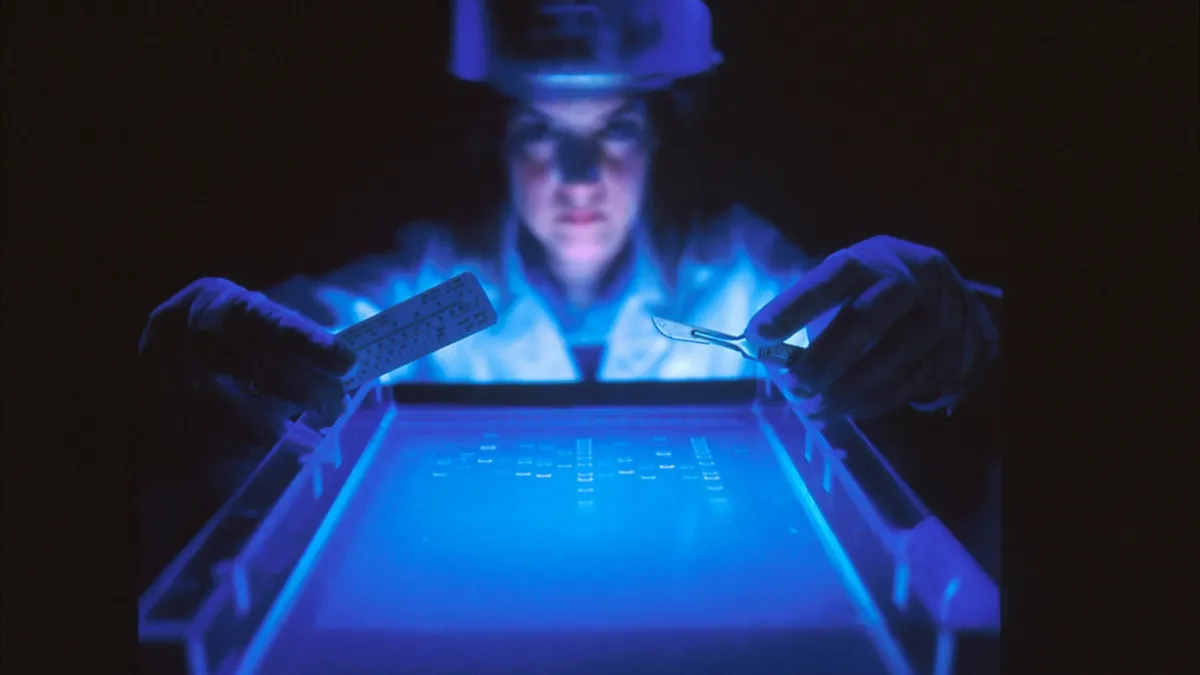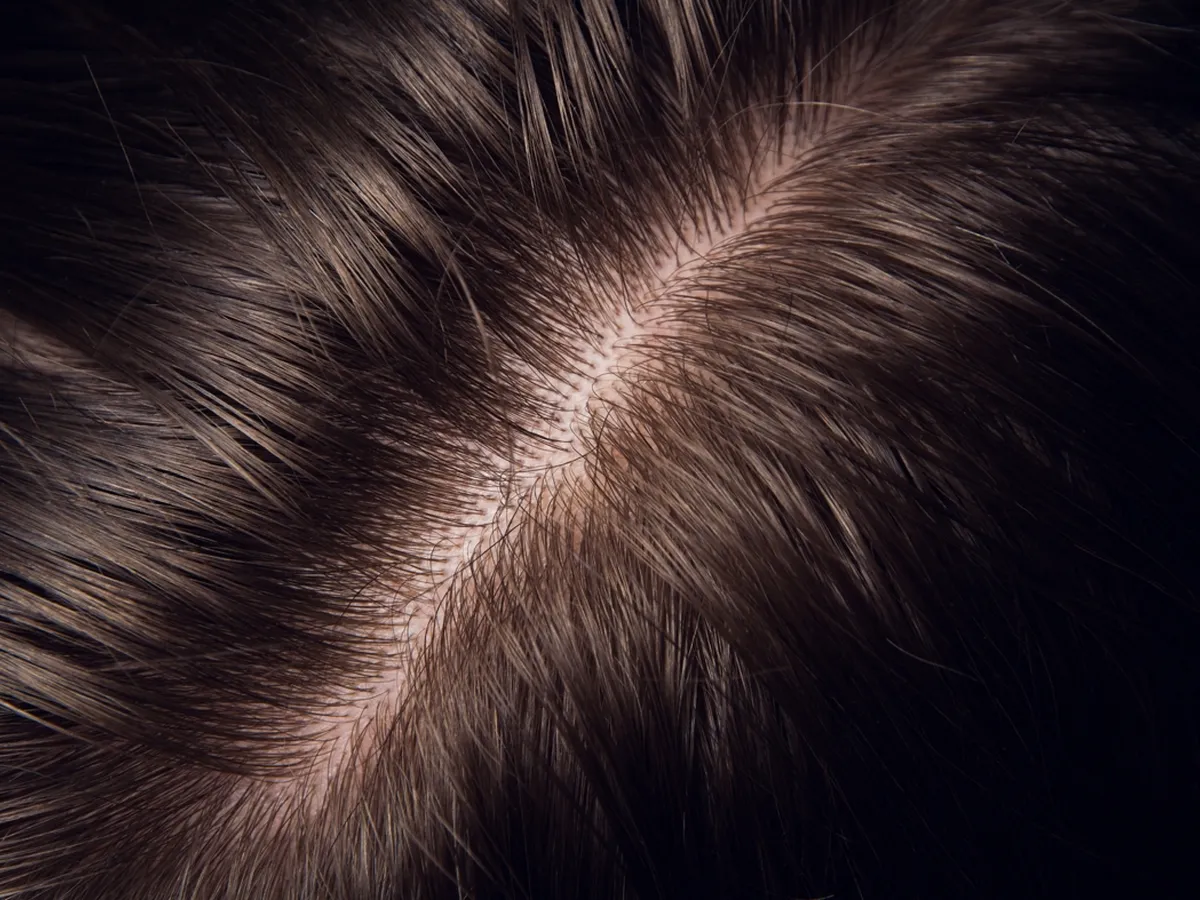What is the Human Tissue Act 2004?
The Human Tissue Act 2004 applies to England, Wales, and Northern Ireland. It established the Human Tissue Authority (HTA) to regulate the removal, storage, use, and disposal of human tissue. A fundamental principle of the Act is consent, which varies for tissue obtained from the living versus the deceased. All our testing services are regulated by the HTA, making consent a critical component of our operations.

Why was the Human Tissue Act 2004 Established?
The Act was enacted and the HTA was established in 2005, following revelations in the 1990s about a culture in hospitals where human organs and tissues were removed and retained without consent. This legislation not only addressed these issues but also consolidated and updated existing laws related to human tissue and organs.
How Does the Human Tissue Act 2004 Affect Drug Testing?
We collect various biological samples for drug testing, including urine, saliva, hair, blood, and occasionally deep tissue samples. Human tissue is defined as material from a human body that consists of, or includes, human cells. Therefore, all our drug tests require consent from the individual providing the samples. In the case of a child or incapacitated person, consent must be obtained from an individual with parental or legal responsibility.
How Does the Human Tissue Act 2004 Affect DNA Testing?
The same consent requirements apply to DNA testing. Typically, we obtain DNA samples using mouth swabs, which collect cells from the inside of a person's cheek containing the DNA needed for analysis. We must secure consent from all participants in the DNA test to comply with the Human Tissue Act.
In some cases, alternative samples may be necessary for DNA analysis, such as hair, nails, or deep tissue samples from deceased individuals. The Human Tissue Act also establishes the offense of DNA ‘theft.’ It is unlawful to possess human tissue with the intention of DNA analysis without the consent of the individual from whom the tissue originated. Consequently, we must obtain consent from a person with parental responsibility for children participating in a DNA test.
Key Points of the Human Tissue Act 2004
In relation to our services, we must comply with the following key points of the Human Tissue Act 2004:
- Removing, storing, or using human tissue for Scheduled Purposes without appropriate consent.
- Storing or using human tissue donated for a Scheduled Purpose for another purpose.
- Having human tissue, including hair, nails, and gametes, with the intention of DNA analysis without the consent of the individual from whom the tissue came, or of those close to them if they have passed away.
Note that separate legislation exists in Scotland — the Human Tissue (Scotland) Act 2006. While the provisions of this Act are based on authorisation rather than consent, both acts fundamentally express the same principle.
Service related articles...
Head Office
Crystal Health Group
The Old Chapel
Manchester
M30 0NG







